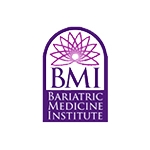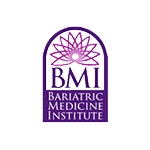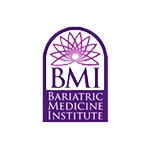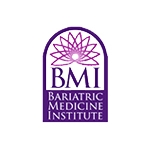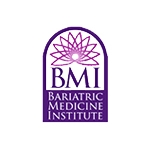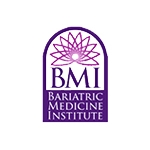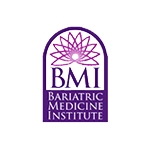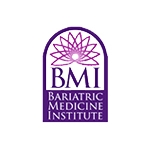Gastric Bypass Provides Relief from Obesity Complications
Obesity surgery in Salt Lake City has provided success for those who have had trouble losing the extra pounds with other methods, including weight loss medications. The more rapid weight loss possible with bariatric surgery has also been proven to end many of the conditions associated with obesity, such as hypertension, high cholesterol and Type II diabetes. Researchers have since become more focused on determining the best type of bariatric surgery for people diagnosed with specific obesity-related conditions.


